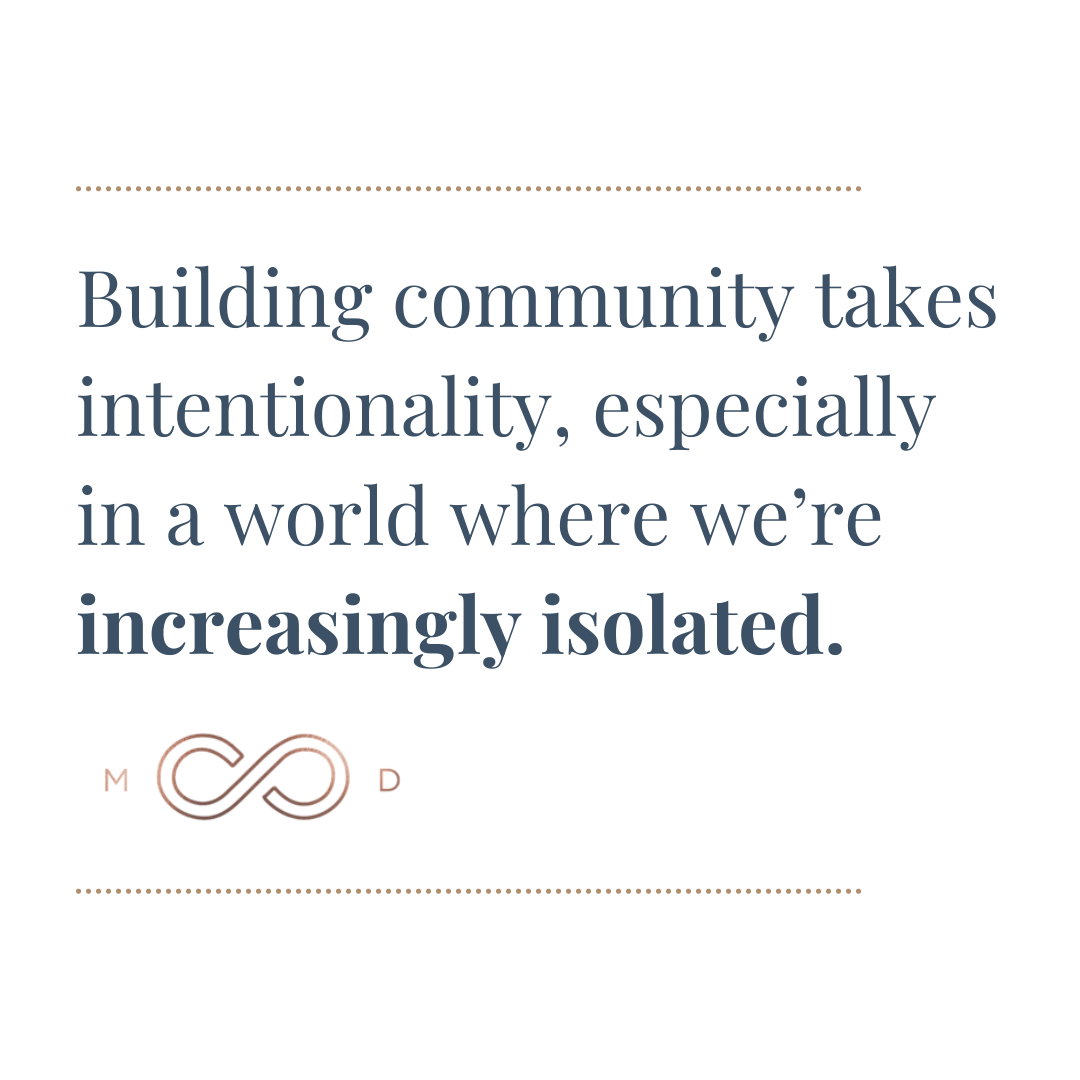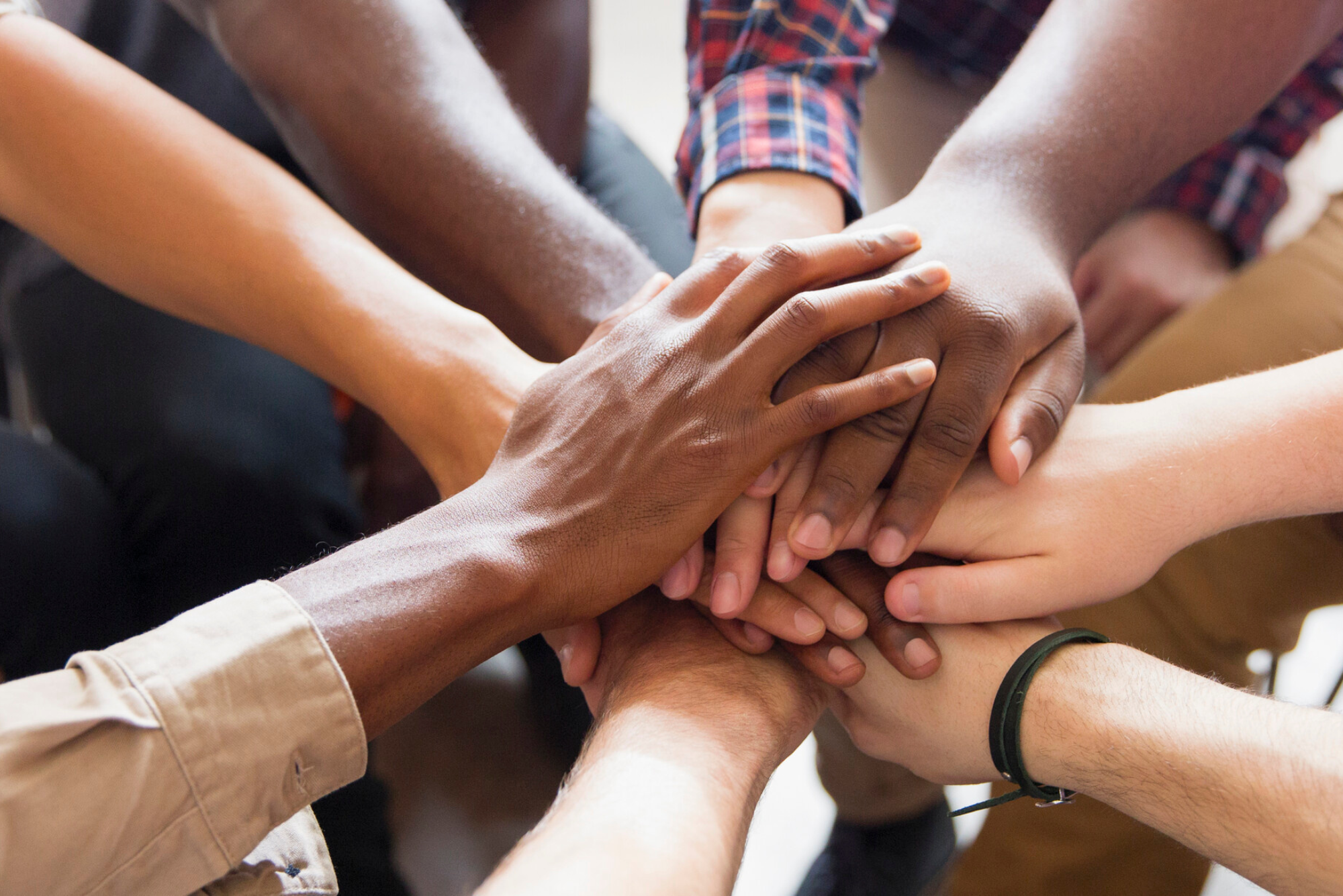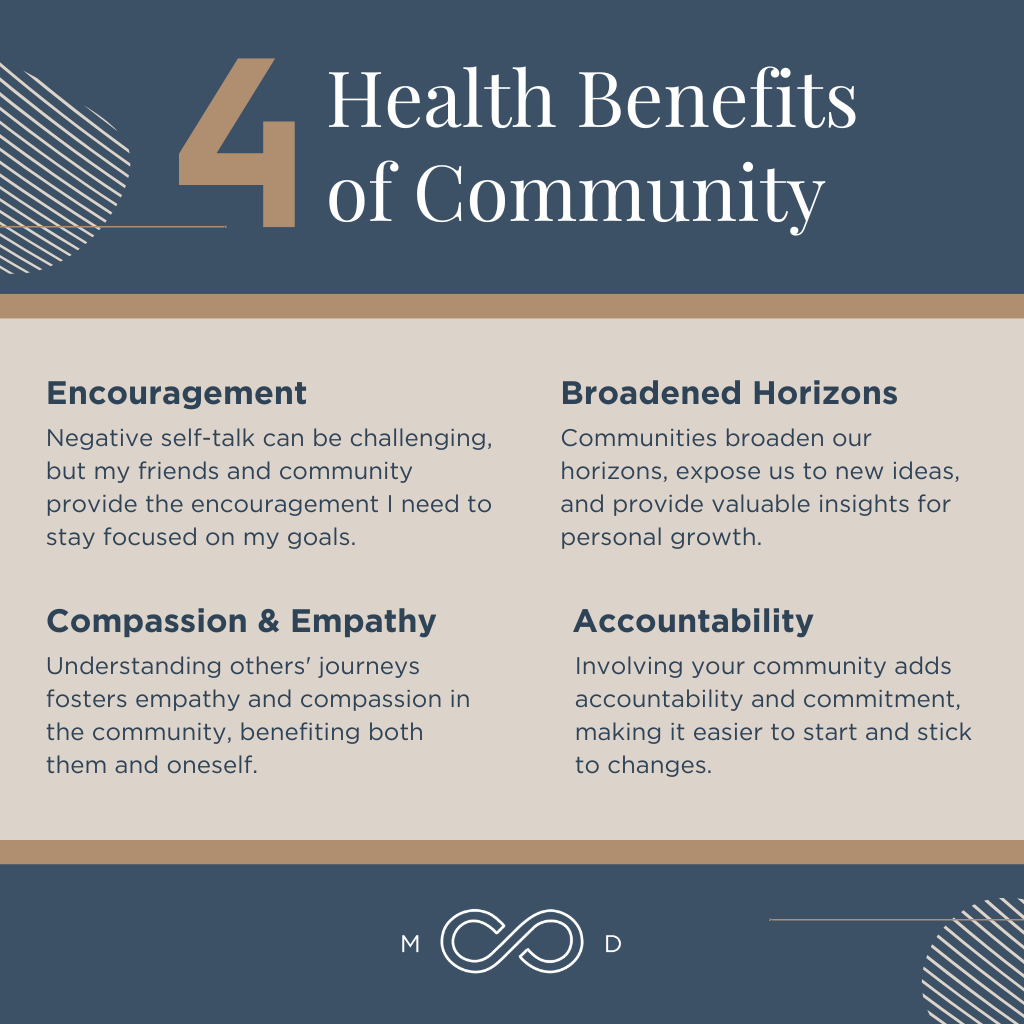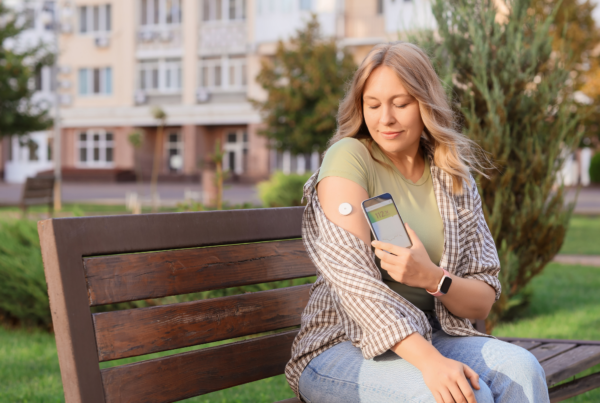It’s amazing to think about all the ways society, technology, and culture have changed in the last few years.
COVID and its subsequent lockdowns certainly weren’t pleasant, but they spurred incredible creativity and innovation in order to keep our daily lives functioning. And many of those innovations live on.
Today, we pick up fast food curbside, get groceries delivered to our homes or trunks, and update our wardrobes without setting foot in a store. All it takes is a smartphone and a good Wi-Fi connection.
While the increased convenience is undeniable, it’s good to stop and consider what tradeoffs we might need to address when relying on these technologies.
In this case, what aspects of face-to-face, hand-to-hand relationships are we losing? And is that affecting our mental and physical health in ways we haven’t yet noticed?
Though many of the solutions we developed during the pandemic were to combat the effects of lockdowns, their continued convenience today may shift us toward unintentional isolation.
When we don’t form natural communities in our neighborhoods, workplaces, and even shopping centers, crucial relational skills — like empathy, communication, and patience — suffer. Even our physical well-being can feel the effects. Let’s talk about why and what we can do about it.
The Physical and Mental Health Benefits of Community
Consistent community offers both our physical and mental health benefits. Let’s explore a few of the most powerful:
Broadened Horizons
One of the greatest powers of community is how it broadens our horizons and opens our minds to things we wouldn’t encounter on our own. This exposure helps expand our knowledge base and discover helpful insights and information to help us grow as individuals.
Encouragement
For many people, negative self-talk can be a problem. I’ll be the first to admit that I’m much more likely to be my own worst critic than my own cheerleader.
This is where my close friends and community come in. They know my situation and what I’m working toward, and they supplement my more critical approach with the encouragement I need to keep moving forward with vigor.
Accountability
When it comes to health goals like making nutritional changes or establishing an exercise routine, you’re more likely to procrastinate (or fall off the wagon) if you’re the only one holding yourself accountable.
When your community gets involved in the conversation, perhaps with some shared goals, your approach takes on much more commitment. You’re on the journey with others, and the added accountability helps you get started and stay the course.
Emotional Release
Our thoughts and emotions from the day can easily pile up in our minds and hearts, eventually constituting a heavy burden. The simple act of releasing those feelings, taking them from within and giving them to a trusted friend or family member, can be incredibly healthy.
For example, I often find I feel lighter after verbalizing my thoughts and emotions to my wife at the end of the day. Even if she doesn’t offer a solution or strategy, sharing with her (not as a burden but as a release) helps prevent a build-up that could overwhelm me.
Whether it’s a spouse, a family member, a friend, or all of the above, having a close community that’s willing to listen can keep you from holding things internally too strongly.
Compassion and Empathy
When you have community and understand another person’s journey more deeply, you can more easily empathize with their challenges and successes and experience compassion for their struggles.
Adding compassion and empathy to your community is important for others, but it’s also life-giving for yourself. Thinking again about negative self-talk, the more you practice compassion for others, the better equipped you are to exercise compassion and empathy toward yourself.
4 Tips for Cultivating Community for Your Physical and Mental Health
Building community can be a unique challenge for adults, especially those who’ve moved to a new area and are starting fresh. Here are a few tips for cultivating meaningful connections:
Say What’s Often Unsaid
In our relationships and communities, we often hesitate to share our genuine feelings about our connection with other people. Maybe we enjoy coffee with a new friend or find common ground with someone at the gym. For many of us, the natural inclination is to think the other person doesn’t feel as strongly or already has their own community and doesn’t need us.
What I’ve found is that when you say the unsaid, the other person often relates deeply. You get an “I feel that way too!” Removing that filter and expressing simple sentiments like “You mean a lot to me,” “I’d love to spend more time with you,” or “Your passions align with mine; can we talk about them together?” can deepen those personal connections.
Take Risks
Whenever you open a door to the unknown, it can obviously bring about negative consequences. You could step out on a limb, and that limb could break. But it’s important to consider all the potential positive rewards if that limb holds strong — and the consequences of never trying in the first place.
Don’t be afraid to take risks. Yes, both positive and negative consequences are possible, but if you don’t try, then you leave the positive out there. Especially in community and relationships, it’s important to take a risk. Put yourself out there. Making yourself vulnerable in this way has the opportunity to greatly impact your health journey.
Find Your Core Team
When I first joined Facebook right after college, I had hundreds, maybe even thousands, of “friends.” But looking at it one day, I realized I don’t really have 1,000 friends. I have about five true friends. I have 1,000 people I know and have some relationship with, but they aren’t my core team.
In your life, identify people you have some history with or feel a present connection to, and build your core team around your situation and health journey. Say the unsaid and be vulnerable to help deepen those connections, and spend time with your team in the present.
A core team provides a close community in which members find new perspectives, encouragement, compassion, and emotional release. They’re incredibly powerful for our health journeys.
Prioritize Connection
Life contains many distractions, and there are countless ways we can distribute our time and energy. And in the midst of all our productive endeavors, our community can fall down the priority list.
In the midst of our busyness, we have to consciously allocate time and energy toward community. Having deep community can greatly influence our foundations of health, helping with stress management, fitness patterns, and nutritional choices. It can function as a health multiplier.
If we talk to our core team about health goals we want to achieve, we can approach them as a group, and it really advances our personal health.
The Power of Connection
Building community takes intentionality, especially in a world where we’re increasingly isolated. But the effort is undeniably worthwhile. By fostering strong connections, we not only impact our communities but also enrich our own lives.


Dr. Wright joined Brentwood MD in 2022 as the model allows him to spend more time connecting with patients and build a foundation of exceptional care. He is a Nashville native and completed his family medicine residency at the University of Tennessee Health Science Center, where he also served as Chief Resident. He believes that your health deserves a prominent position on your priority list, and would be honored to serve you and your family.








